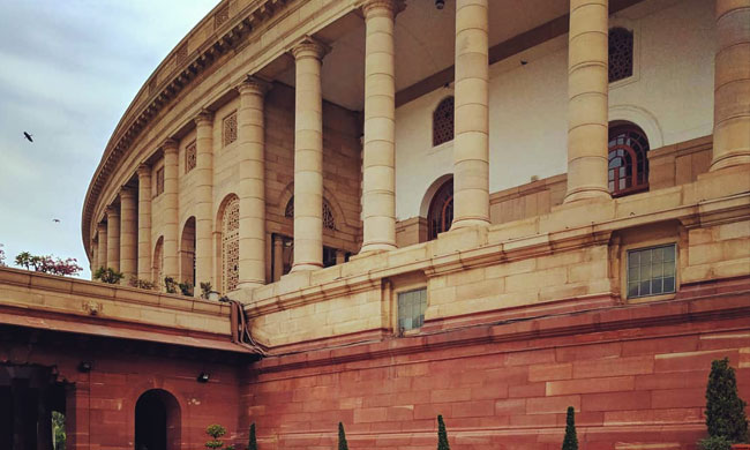Centre Opposes Plea For Life Ban On MPs/MLAs On Conviction In Criminal Cases, At Par With Public Servants
Mehal Jain
3 Dec 2020 4:44 PM IST

Next Story
3 Dec 2020 4:44 PM IST
In its affidavit before the Supreme Court, the Centre has opposed the plea to debar the persons convicted in criminal cases, whether people's representatives, public servants or members of judiciary, uniformly from the legislature, the executive and the judiciary for life.The affidavit was filed in response to a 2017 application by Supreme Court advocate and BJP leader Ashwini Upadhyay...
